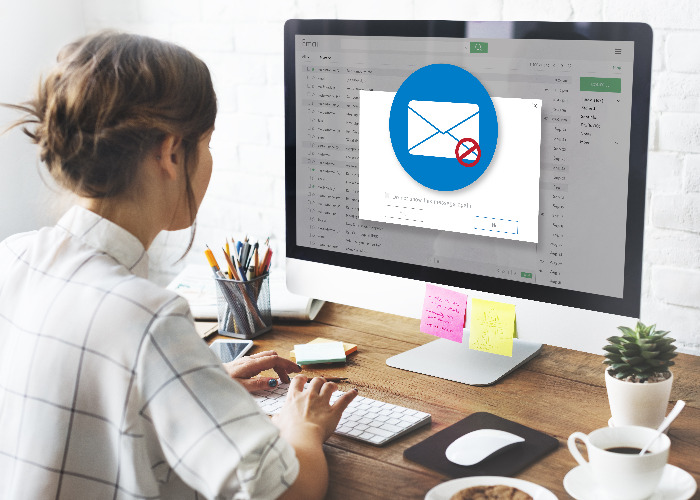BT ‘cyber breach’ scam email – how to keep safe

The global WannaCry ransomware attack has spawned a wave of phishing emails from fraudsters posing as companies pretending they are trying to protect your details. Don’t be fooled!
A fake email that claims to be from BT is doing the rounds, according to Action Fraud.
It warns that cyber criminals are taking advantage of the global WannaCry ransomware attack that struck last week to try and get people worried about their online safety to click on dodgy links.
What it looks like
Here’s what you need to watch out for.
Alert: We have fresh reports about this fake BT email that takes advantage of the global #WannaCry ransomware attack https://t.co/mOgZ3y9JY3 pic.twitter.com/ZyuhEO3sdC
— Action Fraud (@actionfrauduk) May 18, 2017
Action Fraud says the email is particularly convincing as the domain used is very similar to BT’s.
What to do if you get the email
If you get this email, don’t click on any of the links.
Just delete it and report it to Action Fraud.
How to keep safe
You should be on your guard for any emails claiming you need to follow a link to guarantee the safety of your personal information.
Action Fraud admits this could be difficult right now as companies may be sending out legitimate emails offering reassurance in connection with the latest cyber attack.
However, if you are worried about the safety of your private information contact the company using a number you source yourself from a bill or a separate internet search.
Remember that fraudsters can “spoof” an email address to make it look like one used by someone you trust. If you are unsure, check the email header to see who it has really come from. You should also get into the habit of hovering over links in emails before clicking them to see where they are really sending you.
In addition to being on your guard you should always update your anti-virus software and operating systems regularly to make sure your device is safe from malware.
For more tips take a look at Ransomware: how to protect your computer, remove malware and decrypt files.
Use your credit report to spot signs of suspicious activity
Keep safe with loveMONEY:
NatWest text message scam: how to stay safe
Comments
Be the first to comment
Do you want to comment on this article? You need to be signed in for this feature